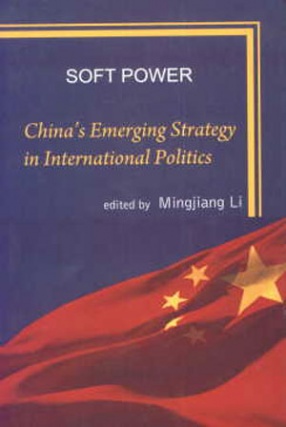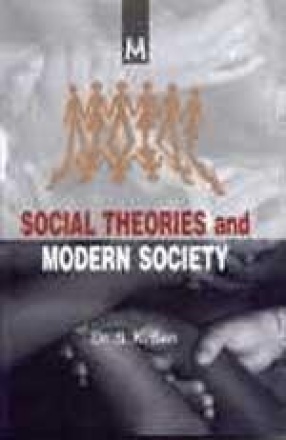Soft power attempts to analyze the domestic and international views of China's soft power, the main strengths and weaknesses of China's soft power, and the application of soft power in China's international politics. It provides a comprehensive exploration of the soft power dimension in China's foreign relations by integrating views from various disciplines, such as history, education, culture, political economy, comparative politics, and philosophy. The book argues that soft power has become a very popular concept in China, that China is contemplating and exploring an innovative strategy in its rise and international politics, and that there have been quite a few notable elements of this in China's diplomatic practice, including softer rhetoric, promotion of the Chinese culture abroad, economic diplomacy, and image building. The book also argues that the limitations of China's soft power primarily stem from political values and China's own transitions, and reflect the reality that views and opinions regarding China's soft power are fairly diverse both in China and in the international arena.
Soft power is a useful and important perspective by which to understand Chinese Foreign Policy and the future evolution of China's role in international politics. This study is a pioneering work, providing a new perspective for the study of Chinese foreign policy and the rise of China that will appeal to scholars of Chinese foreign policy, East Asian studies, and international politics.





There are no reviews yet.